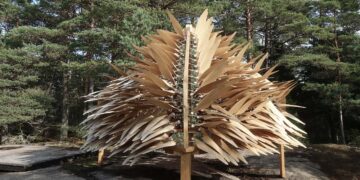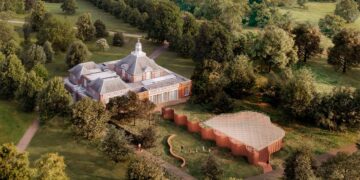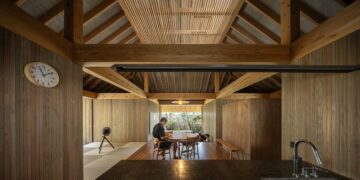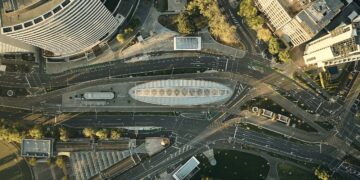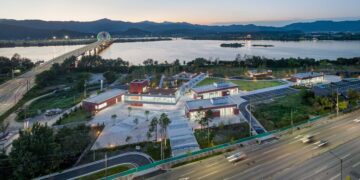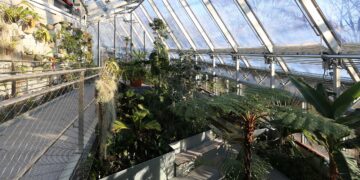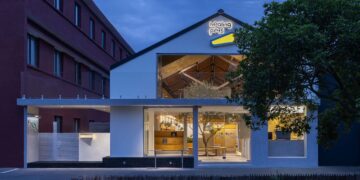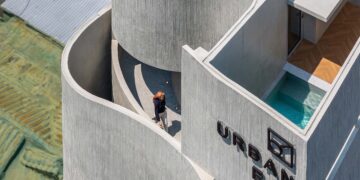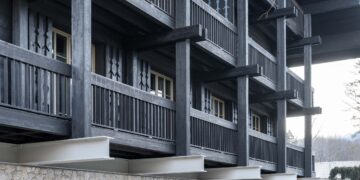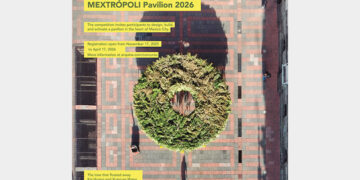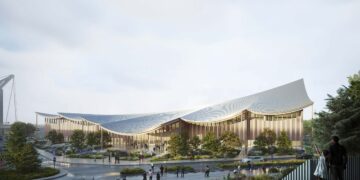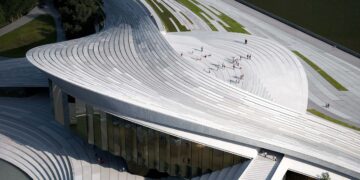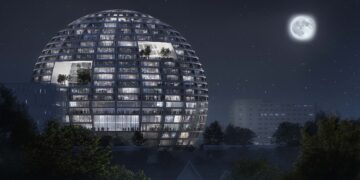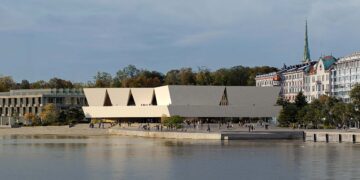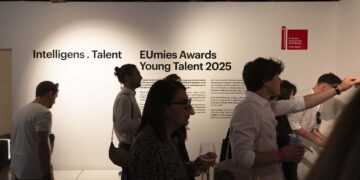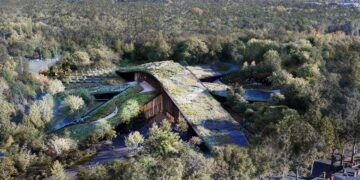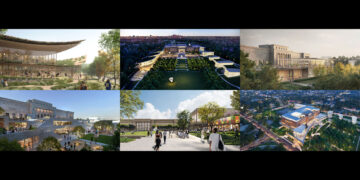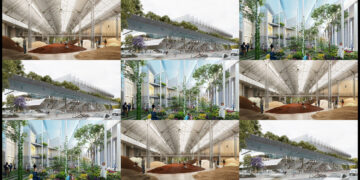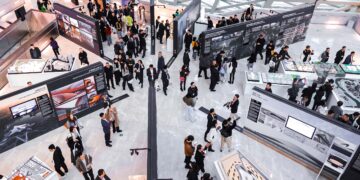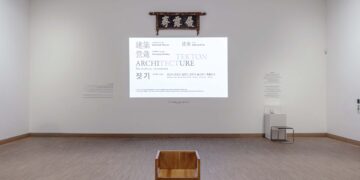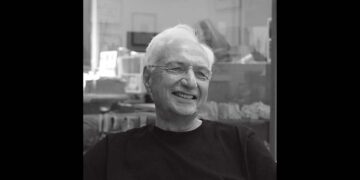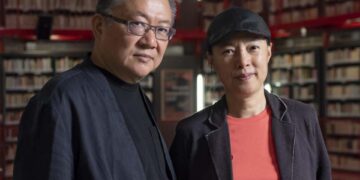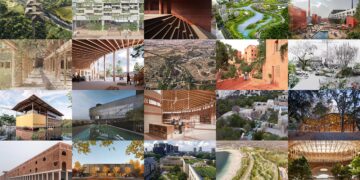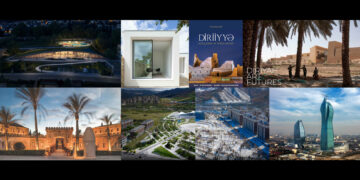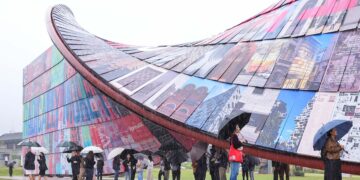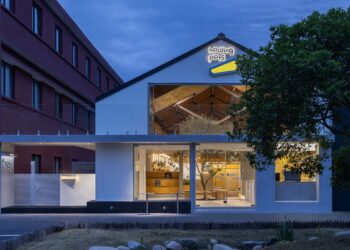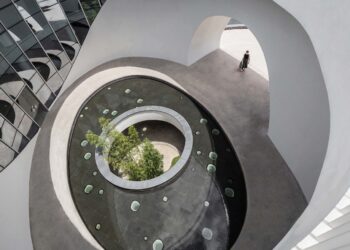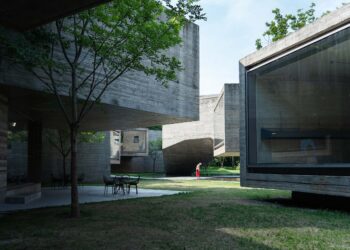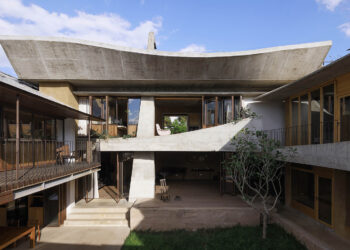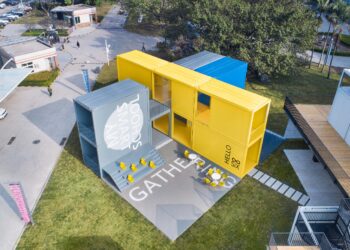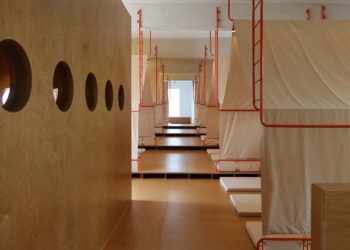Post-free space for a unique meditation experience
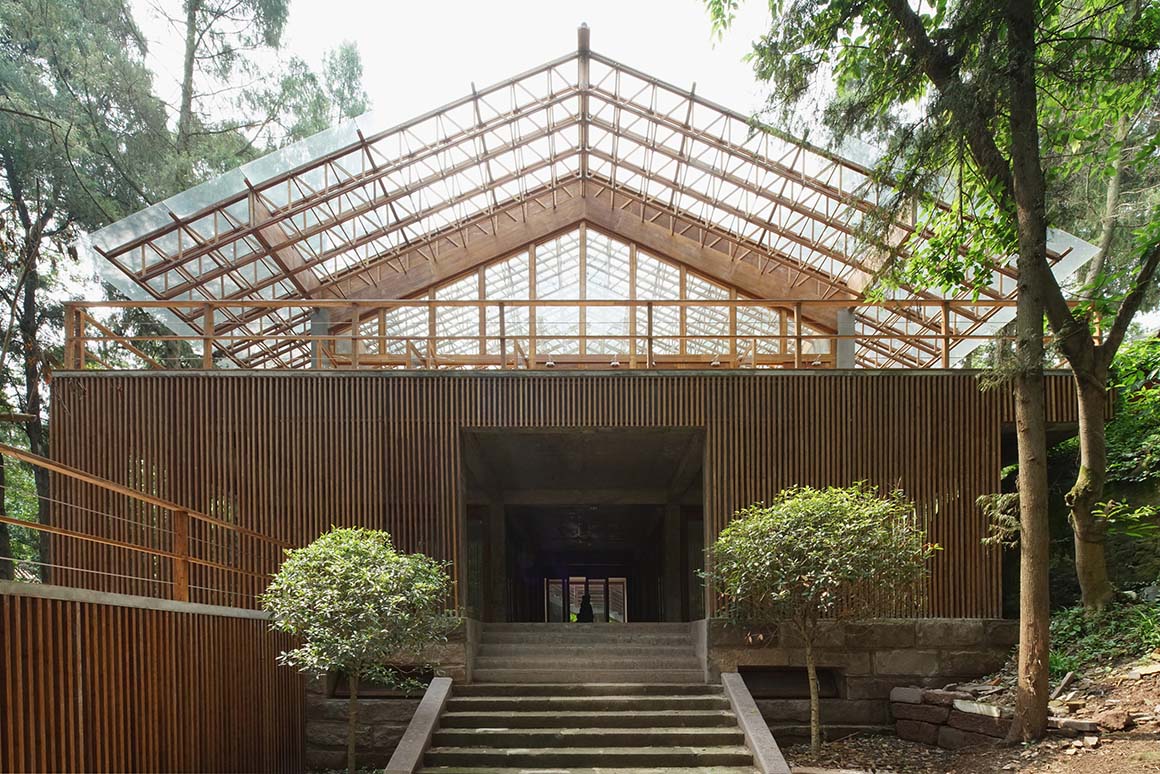
Baoguosi Buddhist Temple is located in a remote mountain area of Sichuan Province in China. The history of the temple can be traced back to the Sui Dynasty (581–618 CE). The site of the Zen Center was a teahouse, built around the 1970s.
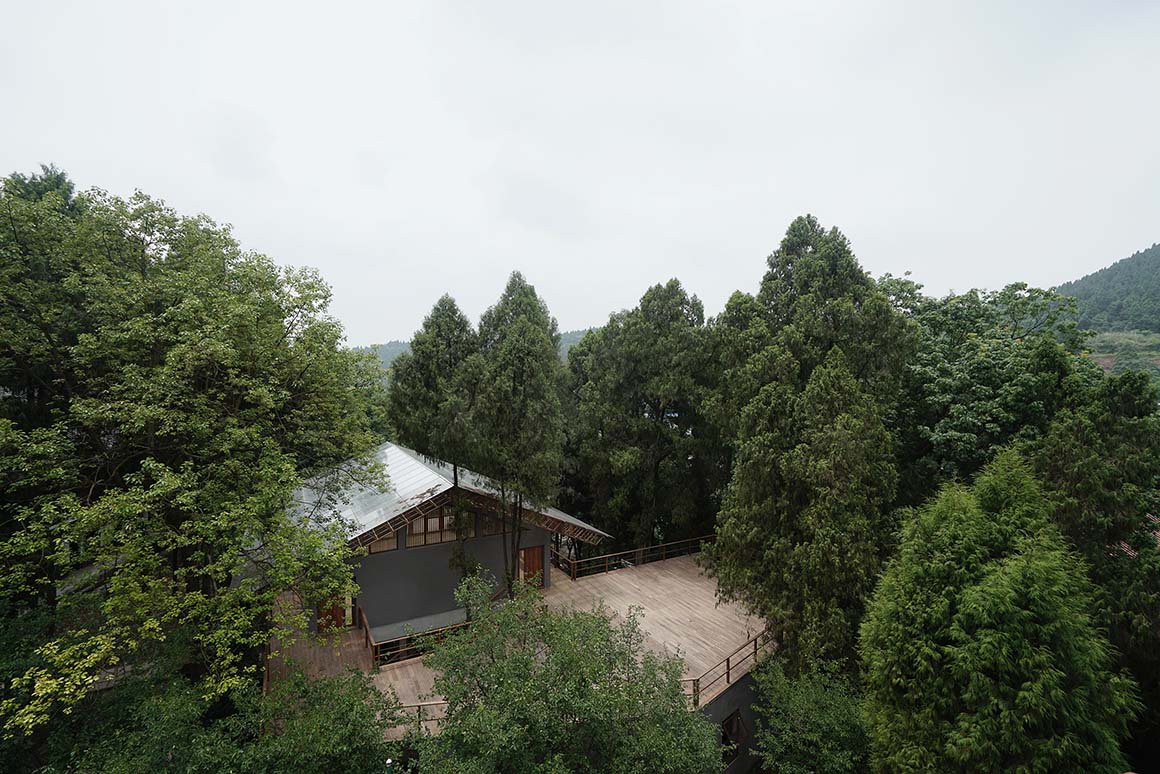
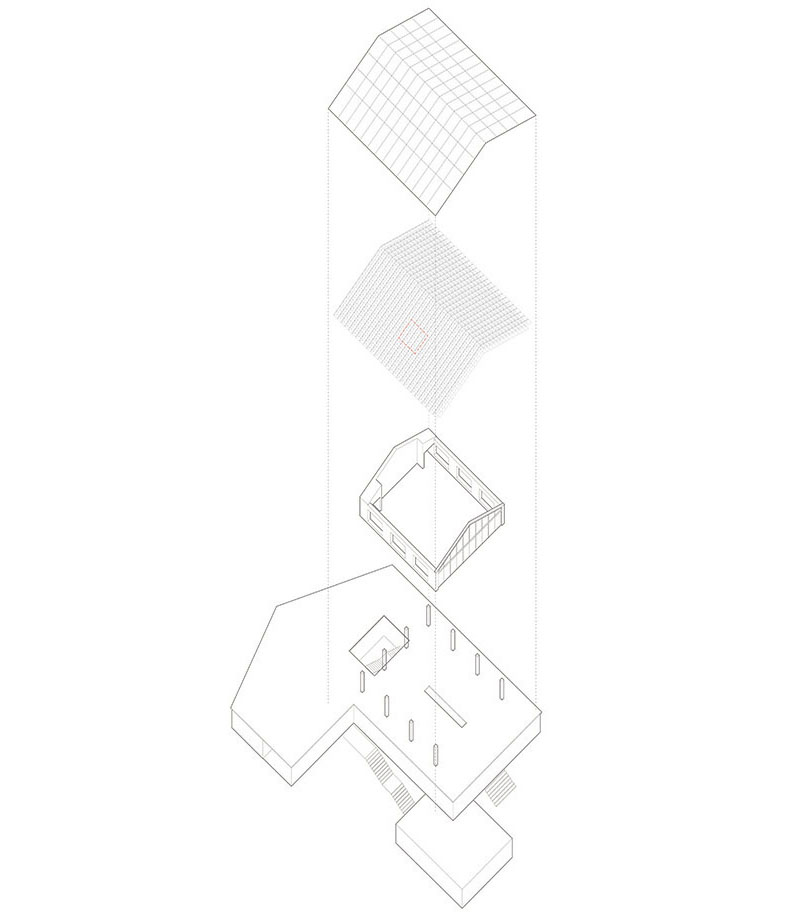
The entire building is situated admist quiet mountains. It tries to hide among the trees as much as possible, so as not to break the relationship between the old buildings and the forests in the mountains. There are some trees on the original site; most of them are preserved or transplanted to form an inner courtyard or landscape, which naturally connects with the site environment. The layout of the small courtyard with the rock garden is preserved from the teahouse. In order to increase the capacity of the original teahouse, the footprint of the new building has been expanded. It also forms a large open roof terrace for the upper floor’s meditation hall.
Considering the difficulties of the transportation of heavy-duty construction machinery and materials, such as long-span steel beams, in the mountainous area, the architects employ a wooden truss system for the glazed gable roof. The wooden truss system is composed of small laminated bamboo rods, which can be easily assembled by workers without mechanical assistance. The cross-section of each bamboo rod is only 2cm x 4cm, but the strength is as strong as steel – enough to realize a large span of more than 12m. The bamboo rods are locally sourced materials.
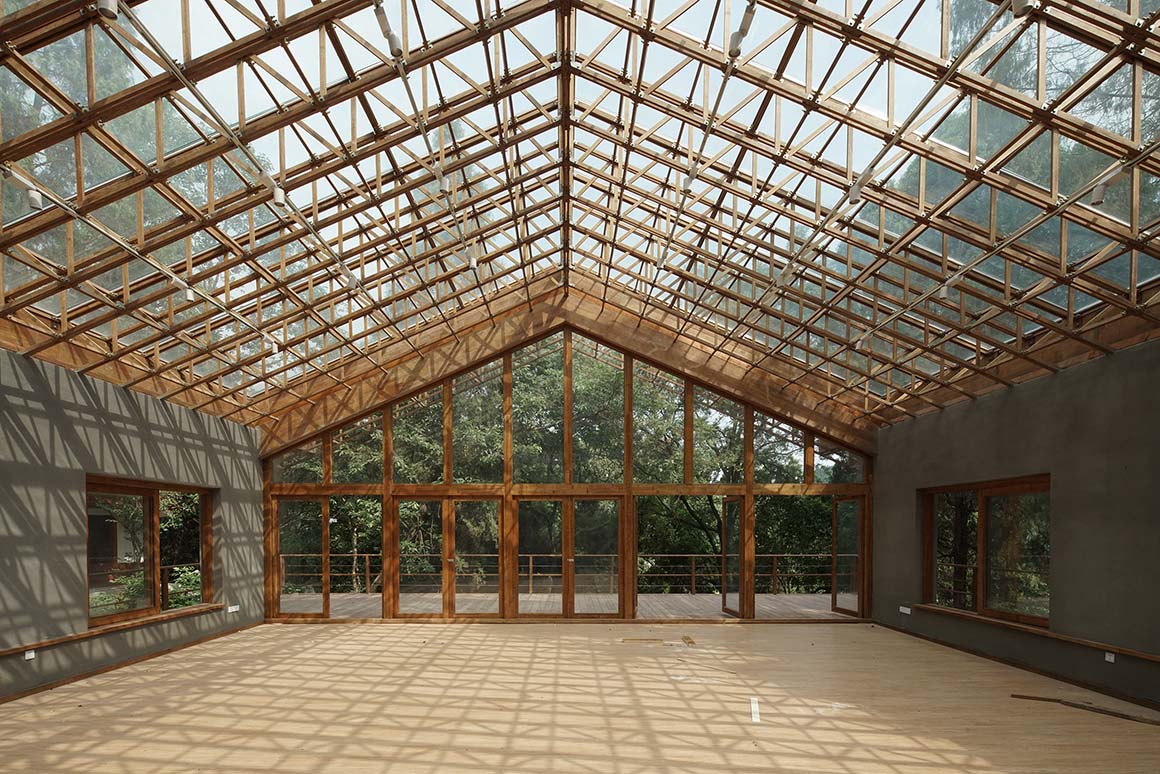
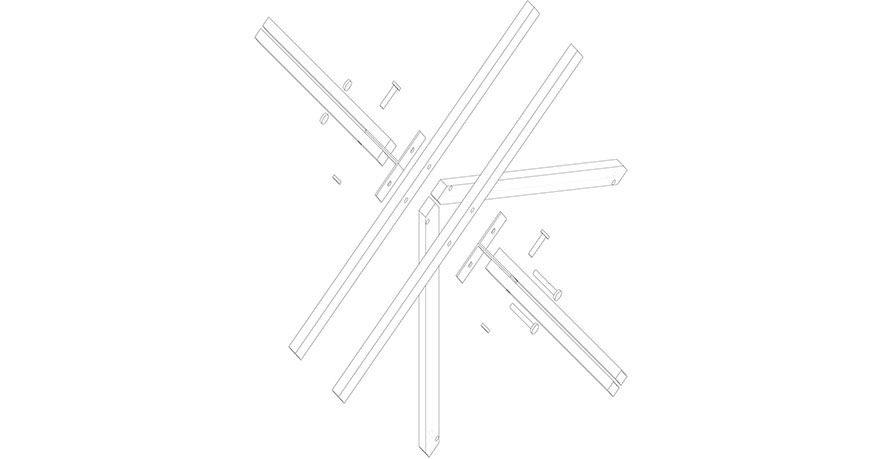
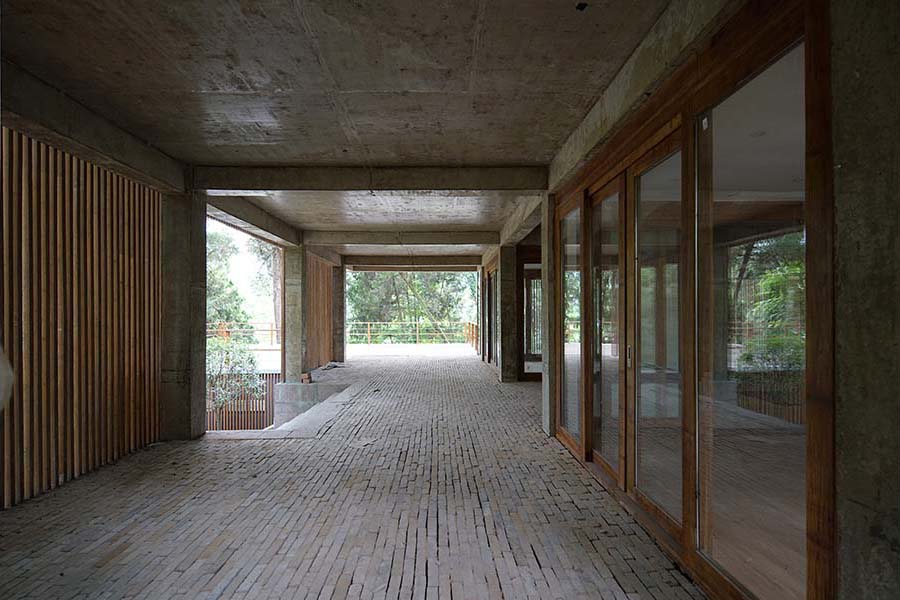
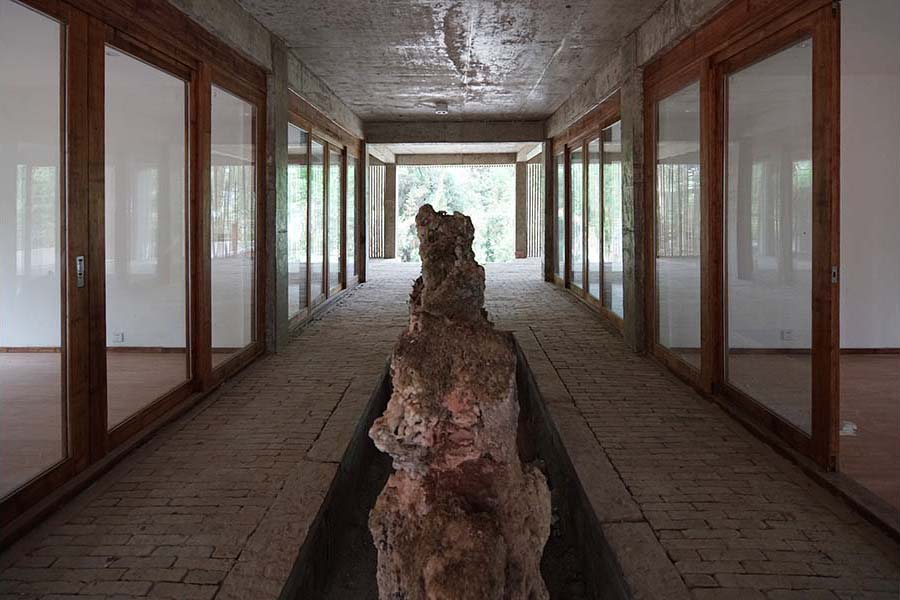
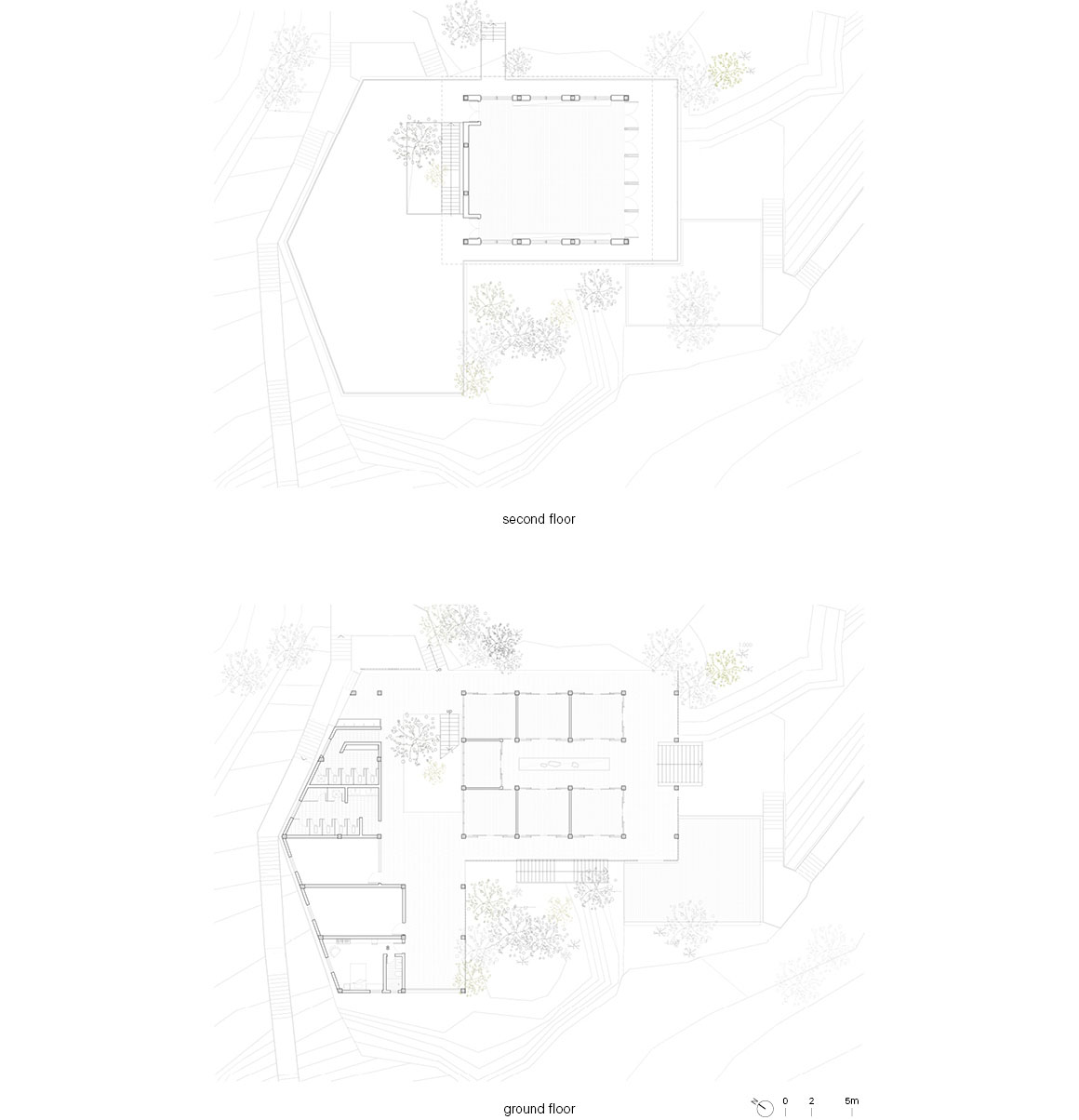
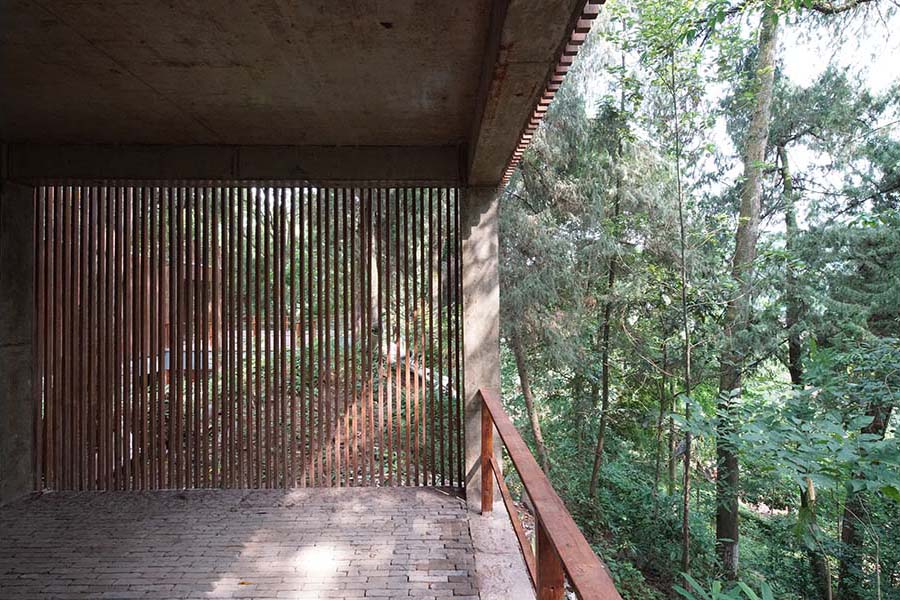
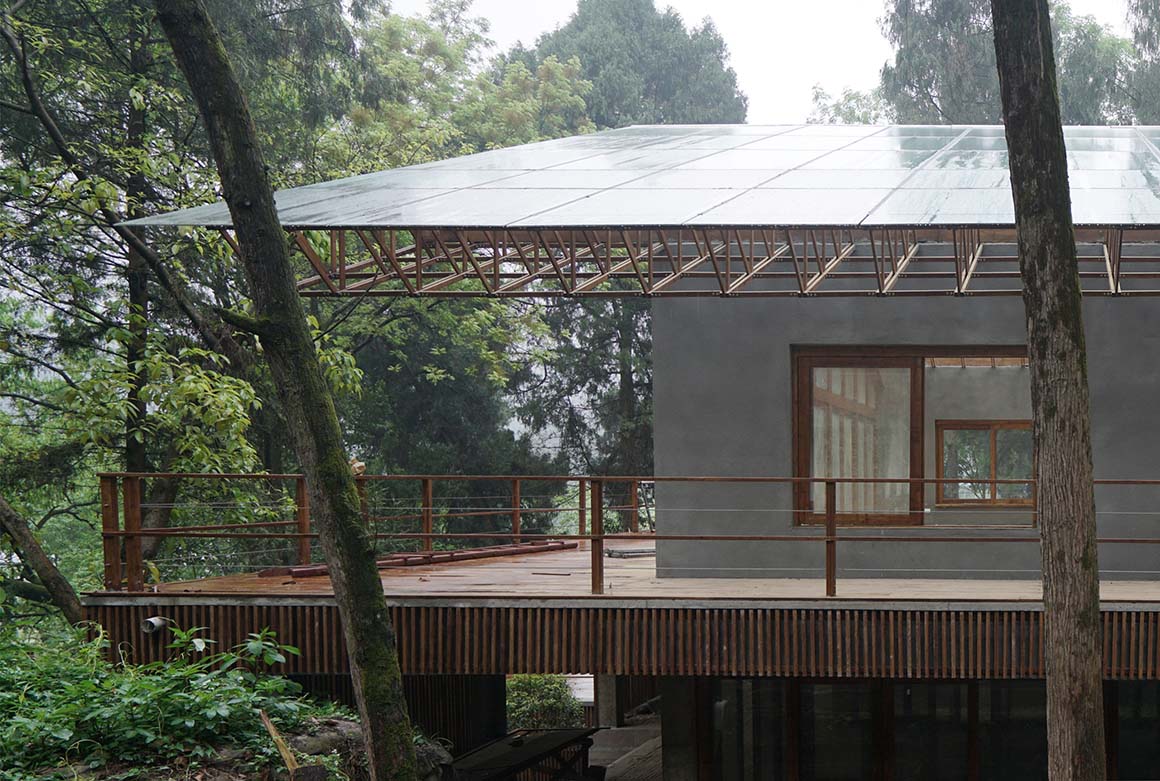
The new post-free space provides a unique meditation experience in the traditional Buddhist Temple. It is a space for young educated laymen to gather here and learn the basic of Buddhism.
The sky and the forests make for a relaxing environment in a space close to nature. This traditional Buddhist temple has brought an unprecedented experience and a unique space for meditation in Sichuan.
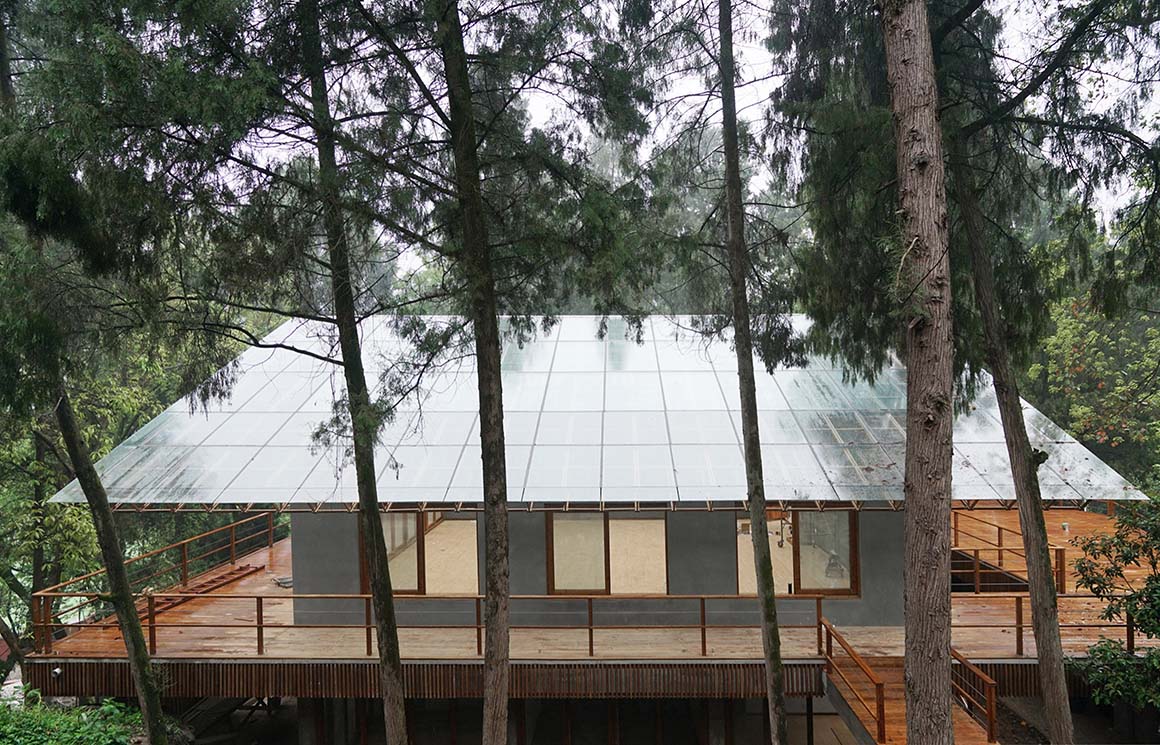
Project: Zen Center, Baoguosi Buddhism Temple / Location: Lezhi, Sichuan, China / Architect: Approach Architecture Studio / Leader Architect: Liang Jingyu, Ye Siyu / Project team: Zhou Yuan, Kong Shengqi, Lu Juquan / Gross built area: 552m2 / Photograph: Courtesy of the architect

